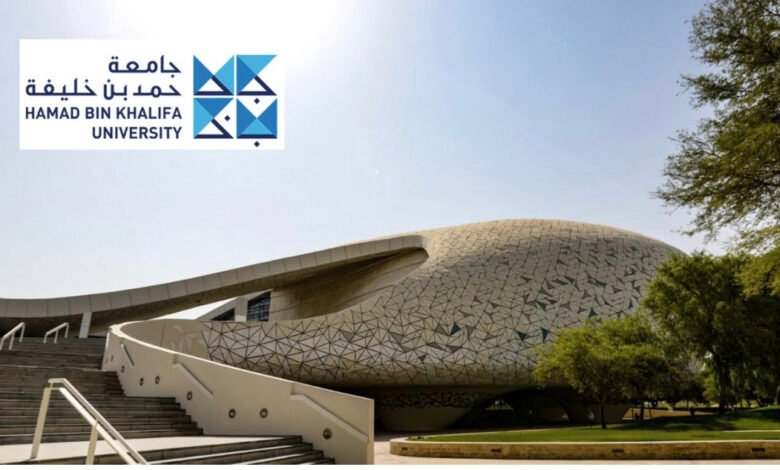Hamad Bin Khalifa University Hosts Global AI Ethics Summit

▼ Summary
– HBKU’s AI Ethics conference concluded with a call for a unified, culturally inclusive framework for AI to align with diverse moral traditions.
– The event brought together international experts to foster multidisciplinary collaboration and cross-sector partnerships for shaping AI’s future.
– Key discussions focused on ethical challenges in six areas: healthcare, urban design, security, education, finance, and the future of the workplace.
– Specific debates examined AI’s role in armed conflict under International Humanitarian Law and its impact on doctor-patient relationships, emphasizing trust and human dignity.
– Recommendations included developing globally inclusive ethical guidelines and aligning international policies to maximize AI’s positive impact while addressing risks.
Hamad Bin Khalifa University recently concluded a landmark global summit focused on the ethics of artificial intelligence, emphasizing the urgent need for cohesive ethical guidelines that reflect diverse cultural perspectives. The event, titled “AI Ethics: The Convergence of Technology and Diverse Moral Traditions,” took place in Doha and concluded with a powerful call for a unified, culturally inclusive framework to guide the development and use of AI worldwide.
Bringing together an international roster of academics, policymakers, technology leaders, and ethicists, the summit fostered multidisciplinary dialogue aimed at aligning artificial intelligence with a wide spectrum of moral traditions. Participants engaged in forward-thinking conversations that spurred new cross-sector partnerships, all dedicated to steering innovation in a direction that serves humanity’s best interests. Discussions were organized around six critical areas where AI is making a significant impact: healthcare, urban design, security, education, finance, and the future of the workplace. Each theme underscored the necessity of embedding ethical thinking into AI adoption across every sector of society.
Among the many pressing topics, one of the most urgent debates centered on the role of AI in armed conflict. Experts scrutinized the legal, ethical, and policy implications of using Artificial Intelligence Decision-Support Systems within the framework of International Humanitarian Law. Another vital conversation explored how AI is reshaping human values and ethical decision-making in sensitive environments, particularly within doctor-patient relationships. These exchanges brought to light the profound ethical challenges involved in preserving trust, personal autonomy, and human dignity in an increasingly automated world.
After two days of intensive dialogue, the conference produced a set of forward-looking recommendations aimed at building an AI future that respects the varied moral landscapes of societies around the globe. A central conclusion was the need for a comprehensive ethical framework that moves beyond Western-centric viewpoints to embrace a balanced, fair, and globally inclusive understanding of different cultural and ethical characteristics.
The gathering also advocated for deeper integration of AI technologies and methodologies across the six focus areas, stressing the importance of preparing future generations for a world shaped by intelligent systems. This effort, participants agreed, must be supported by the harmonization of international policy frameworks to maximize the positive societal impact of emerging technologies while proactively addressing potential risks.
By serving as a meeting point for diverse and forward-looking voices, the AI Ethics summit reinforced the vital role that academic institutions like HBKU play in advancing research-driven solutions to global challenges. As a convener of impactful discourse, the university continues to position education and cross-cultural dialogue at the heart of responsible technological progress.
(Source: MEA Tech Watch)




